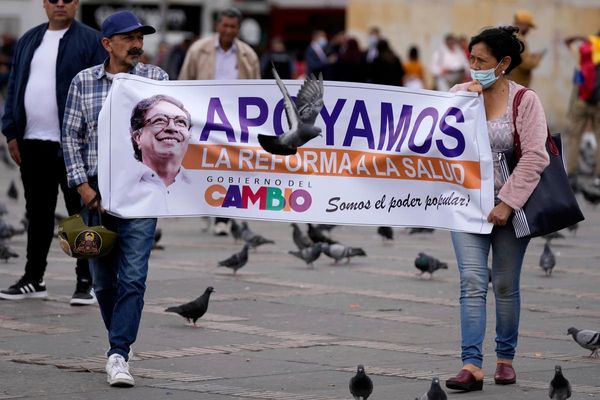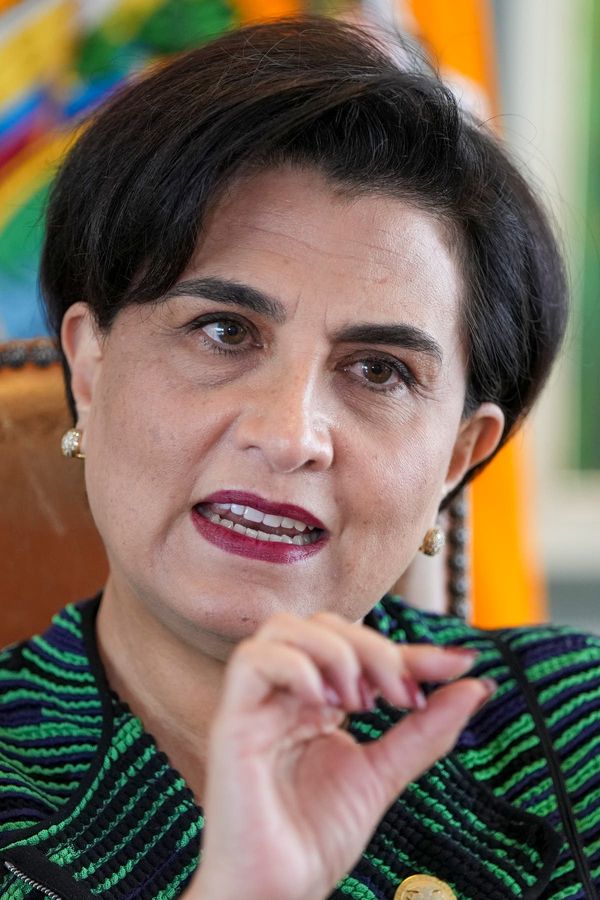
The Zimbabwean government has banned large gatherings in parts of the country and increased surveillance at ports of entry in an effort to contain a rise in cholera cases.
With 100 suspected deaths, most of them in September, and nearly 5,000 possible cases of the water-borne disease in more than 41 districts, including Harare, authorities fear a repeat of the 2008 epidemic where 4,000 people died.
“We are concerned that there is an outbreak. We need to step up our action,” the government public health adviser Agnes Mahomva said.
Manicaland, a province on the border with Mozambique, has recorded the highest number of cases – more than 1,000 – according to Tuesday’s cabinet briefing with the government increasing cholera surveillance at ports of entry to detect any imported infections.
Other areas such as Bikita, in Masvingo province, southern Zimbabwe, have been declared high risk zones. In Buhera district, large gatherings have been banned to contain the spread of the disease.
No more than 50 people are allowed to attend funerals, and food cannot be served; people have also been told to avoid shaking hands, the government said last week.

Government also advised the public in the provinces of Manicaland and Masvingo against attending open markets, social gatherings and outdoor church camps, where there is unlikely to be sanitation.
“We continue to encourage the public to watch out and follow procedures to maintain their hygiene,” said Mahomva, adding that the government is implementing a cholera response strategy around the country.
Zimbabwe’s perennial water shortages and an ailing sanitation system have triggered several cholera outbreaks in recent years. In some areas, especially in Harare and Bulawayo, people go for months without running water, while raw sewage is a common sight in townships.
This has forced people to resort to unsafe water sources, including shallow wells which contain faecal matter from damaged sewer pipes.
In Chitungwiza, a commuter town 15 miles (25km) from Harare, the stench of raw sewage fills the air and people fear their children will get sick.
“We are tired of this sewage, it bursts all the time. Our children are now getting sick. This has been going on for a long time,” Charles Manika, 43, said.
His friend, Morehickson Manatse, 37, who runs a food cart, also fears he could be selling contaminated food as flies swarm the cooking area.
“We are asking the council to fix this because we are not living like human beings. They do not live in areas infested with raw sewage themselves,” said Manatse.
In Harare, the townships of Budiriro and Glen View, west of the capital, have been declared red zones as they’re considered high-risk areas.
Although only 13 cases have been confirmed in Harare, with three hospitalised, the local authority has recorded a rise in suspected cases in the city.
“The number of suspected cases is getting higher, but it is still mostly diarrhoea cases from the western suburbs. In Harare we have only had one fatality since the outbreak,” said the Harare city council health director, Prosper Chonzi.
Chonzi admitted that the quality of water in Harare “leaves a lot to be desired”.
“It is contaminated with a number of things, faecal matter at times. Until we address those matters we will continue to have cholera outbreaks in Harare,” he said.
Inside a Harare infectious diseases hospital, the new Harare mayor, Ian Makone, is visiting some of the cholera patients receiving treatment.
Frail and barely able to sit up, patients speak to the local authorities.
“It started as a running stomach. I thought it was a normal bug but realised after tests that it was cholera. I am receiving treatment, nurses say I will recover,” said a patient, who did not want to give his name.







